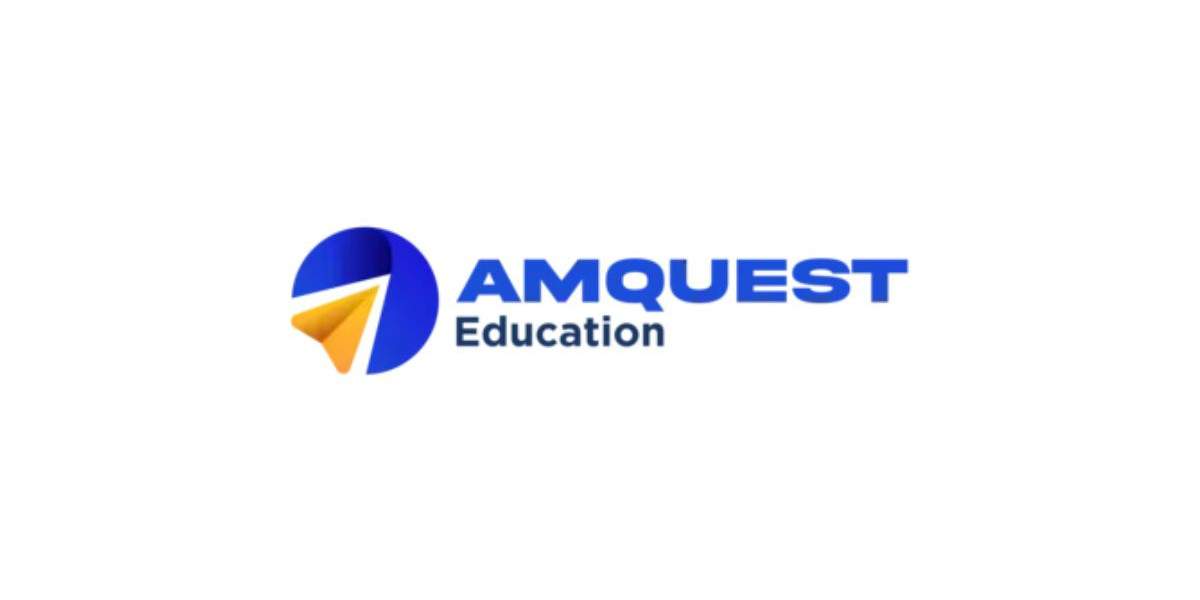In today’s competitive financial landscape, credentials matter more than ever. Whether you’re aiming for a career in investment banking, portfolio management, equity research, or financial strategy, earning the Chartered Financial Analyst designation can set you apart as a top-tier professional. But the CFA exams are notoriously challenging—requiring not just intelligence, but a well-structured study plan, deep conceptual understanding, and unwavering discipline.
That’s where CFA coaching becomes a game-changer. With the right guidance, you can transform an overwhelming journey into a structured, achievable path to success. In this post, we’ll walk you through why CFA coaching matters, what it involves, and how to choose the right program to fit your career goals.
Why the CFA Charter Is a Gold Standard in Finance
Before diving into coaching specifics, it’s important to understand why the Chartered Financial Analyst credential is so valued in the finance industry.
The CFA Program, administered by the CFA Institute, is a rigorous three-level examination series covering ethics, investment tools, asset valuation, portfolio management, and wealth planning. Globally recognized, the CFA designation signals that you possess not only technical expertise but also a strong ethical foundation—two traits employers prize.
However, the pass rates tell a sobering story: historically, fewer than half of candidates pass each level. This is where CFA coaching can make a decisive difference, helping you maximize study efficiency and build mastery across all exam topics.
The Role of CFA Coaching in Your Success
1. Structured Learning Over Self-Doubt
Self-study works for some, but the CFA curriculum is vast and time-consuming. Without a structured plan, it’s easy to waste hours on less critical areas or fall behind. Professional CFA coaching provides a roadmap—breaking down the syllabus into manageable segments, scheduling mock exams, and setting milestone goals to keep you on track.
2. Expert Interpretation of Complex Topics
From derivatives pricing to fixed-income analytics, certain CFA topics can feel like learning a new language. Experienced instructors—often CFAs themselves—can explain these concepts with real-world examples, making them easier to understand and remember.
3. Exam-Focused Preparation
CFA coaching doesn’t just teach you the material—it teaches you how to pass the exam. That means learning how to identify question traps, manage your time effectively, and prioritize topics based on their exam weightage.
4. Motivation and Accountability
One of the biggest challenges in CFA preparation is staying motivated over months of study. Regular classes, check-ins, and peer interaction help sustain momentum, while instructors ensure you remain accountable to your goals.
Key Components of an Effective CFA Coaching Program
Not all CFA coaching is created equal. When evaluating programs, look for these essential elements:
1. Comprehensive Coverage of the CFA Curriculum
The CFA syllabus is dense and highly detailed. An effective coaching program should cover all learning outcome statements (LOS) for your exam level, ensuring nothing is left to chance.
Example:
For Level I, this might mean dedicating multiple sessions to foundational topics like Quantitative Methods and Financial Reporting & Analysis, while also reinforcing Ethics—a section weighted heavily at every level.
2. Experienced Faculty
Your instructors should ideally be CFA charterholders with professional finance experience. They can bridge theory and practice, offering insights that go beyond textbook learning.
3. Flexible Learning Formats
Modern CFA coaching offers both in-person and online options, along with recorded lectures for revision. This flexibility is crucial for working professionals balancing study with full-time jobs.
4. Regular Mock Exams and Practice Questions
Mock exams simulate real test conditions, helping you refine your time management and identify weak areas. Coaching programs with a large, updated question bank are especially valuable.
5. Study Materials and Summaries
While the CFA Institute’s official curriculum is the primary reference, supplementary notes, formula sheets, and topic summaries can make review more efficient.
Self-Study vs. CFA Coaching: Which Is Right for You?
Some candidates succeed with disciplined self-study, but CFA coaching offers advantages that can significantly improve your odds. Here’s a quick comparison:
| Aspect | Self-Study | CFA Coaching |
|---|---|---|
| Structure | You create your own plan | Guided study plan with milestones |
| Clarifying Doubts | Limited to forums/books | Direct instructor access |
| Motivation | Self-driven | Peer support & accountability |
| Practice Resources | You source your own | Provided by program |
| Success Rate | Varies widely | Typically higher for coached candidates |
If you’re disciplined, have ample time, and enjoy independent learning, self-study might work. But for most working professionals—or those aiming to pass on the first attempt—investing in CFA coaching is a strategic choice.
Choosing the Right CFA Coaching Program
Selecting a coaching provider is a critical decision. Here’s a checklist to guide you:
Check Instructor Credentials – Look for CFA charterholders with relevant industry experience.
Review Past Results – Ask for pass rate data and student testimonials.
Evaluate Flexibility – Ensure schedules and formats fit your lifestyle.
Test Before Committing – Many reputable programs offer trial classes or sample materials.
Assess Support Systems – Beyond classes, does the program offer doubt-clearing sessions, WhatsApp groups, or email support?
Actionable Study Tips to Maximize Your CFA Coaching
Even with the best coaching, success depends on your personal effort. Here’s how to get the most out of your program:
Start Early – Give yourself at least 5–6 months for each exam level.
Follow the Coaching Plan – Trust the schedule your instructors create; it’s designed to optimize retention.
Practice Daily – Solve at least 15–20 practice questions per day once you complete a topic.
Prioritize Ethics – Never underestimate its importance; it can make or break your pass result.
Simulate Exam Conditions – Take full-length mocks to build stamina and refine time management.
Conclusion: Turning Ambition into Achievement
The CFA journey is demanding, but the reward—earning the Chartered Financial Analyst designation—is worth every hour of preparation. While self-study is possible, CFA coaching can provide the structure, expertise, and motivation that dramatically improve your chances of success.
By choosing a program that aligns with your learning style and career goals, you can navigate the challenges of the CFA curriculum with confidence. Combine professional guidance with disciplined self-practice, and you’ll be well on your way to mastering the finance world.



